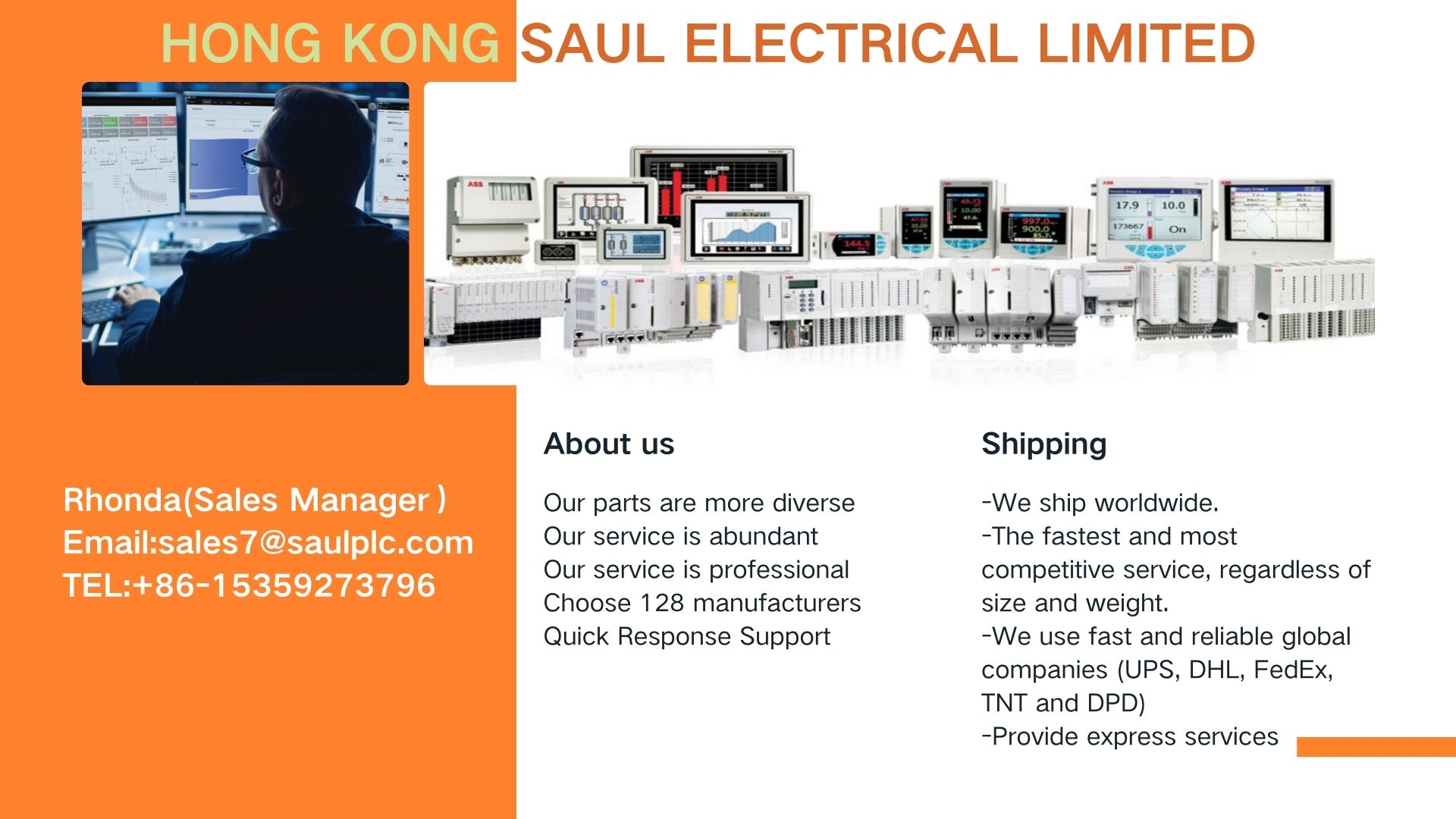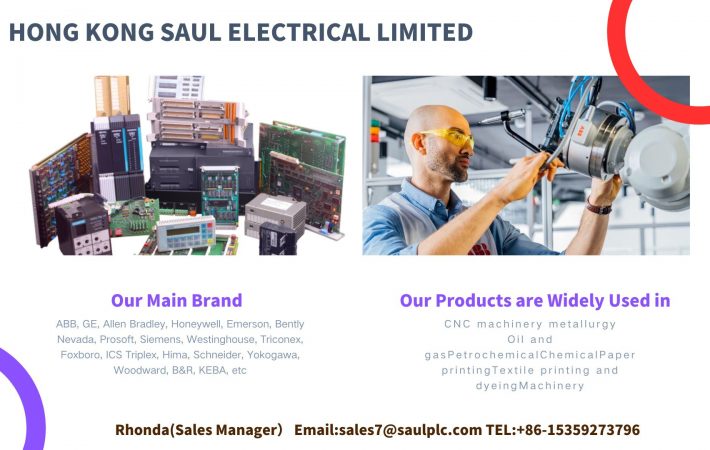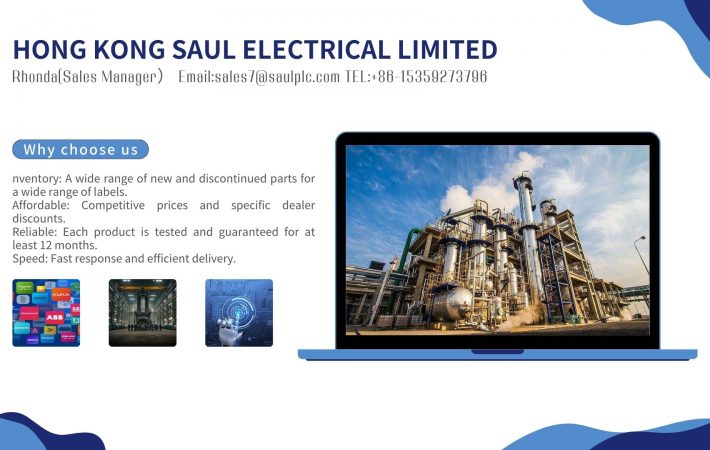The acquisition marks a new chapter for AI-driven robotics, merging ABB’s industrial expertise with SoftBank’s vision of intelligent automation.
Zurich / Tokyo, October 8, 2025 — Global engineering giant ABB has signed an agreement to sell its robotics division to Japan’s SoftBank Group in a deal valued at $5.375 billion. The move ends ABB’s earlier plan for an independent listing of its robotics arm and highlights how artificial intelligence is redefining industrial automation worldwide.
The sale, pending regulatory approval, is expected to close in mid to late 2026. Once completed, SoftBank will control one of the most respected names in industrial robotics, while ABB sharpens its focus on electrification and process automation.
A Strategic Move in a Changing Industry
For ABB, this is more than a financial transaction. It’s a strategic refocus.
“The offer reflects the long-term strength of our robotics business and creates immediate value for shareholders,” said Peter Voser, ABB’s Chairman. “We’ll continue following our capital allocation principles and keep building our leadership in electrical and automation technologies.”
ABB’s robotics unit has about 7,000 employees and generated $2.3 billion in sales in 2024, accounting for roughly 7% of ABB’s total revenue. Its industrial robots power sectors such as automotive manufacturing, logistics, and electronics. Despite its success, ABB executives say robotics now operates in a field that increasingly revolves around AI and next-generation computing — areas where SoftBank already excels.
SoftBank’s Bet on ‘Physical AI’
SoftBank’s founder and CEO Masayoshi Son has long viewed artificial intelligence as the key to humanity’s next leap. His focus now is on Physical AI — the combination of cognitive software with mechanical capability.
“The next frontier is Physical AI,” Son said. “Together with ABB Robotics, we’ll combine world-class technologies and talent to merge AI with robotics. This transformation will push society forward.”
SoftBank’s acquisition fits perfectly with its AI portfolio, which includes ARM Holdings, Boston Dynamics, and several neural computing ventures. With ABB’s industrial know-how, SoftBank gains access to decades of experience in motion control, sensors, and automation — the essential building blocks for intelligent machines.
Industry analysts see this as part of SoftBank’s long-term plan to build a full-stack AI robotics ecosystem, from chips and data centers to physical robots operating on factory floors.
How the Deal Benefits Both Sides
The $5.4 billion valuation signals investor confidence in ABB Robotics’ future. ABB expects about $5.3 billion in net cash from the sale and around $2.4 billion in pre-tax gains. The company will use the funds according to its capital allocation principles — strengthening its balance sheet, investing in R&D, and supporting growth in its automation and electrification divisions.
“SoftBank is the right home for this business,” said Morten Wierod, ABB’s CEO. “Both companies believe the world is entering a new age of AI-based robotics. Together, we can shape that future.”
For ABB, the sale also simplifies its financial reporting. Starting in late 2025, the robotics business will be listed as a discontinued operation. The company will reorganize into three divisions: Electrification, Process Automation, and Motion, integrating its B&R automation unit into Process Automation.
SoftBank’s Long Game in Robotics
This acquisition expands SoftBank’s reach far beyond consumer tech. It strengthens its role in the industrial AI infrastructure powering smart factories, logistics networks, and even urban automation.
SoftBank’s AI teams will now have access to ABB’s global manufacturing and robotics R&D resources. This integration could accelerate the creation of robots that see, learn, and adapt instead of simply following pre-programmed instructions.
“We’re moving from robots that execute to robots that think,” said Son. “This partnership with ABB allows us to create intelligent systems that continuously learn from the world around them.”
By merging AI cognition with robotic motion systems, SoftBank envisions robots capable of analyzing tasks, predicting maintenance needs, and optimizing entire production lines autonomously.
A Broader Industry Shift
The ABB–SoftBank deal mirrors a global shift toward AI-driven manufacturing. According to data from the International Federation of Robotics, the worldwide robotics market could exceed $150 billion by 2030, driven by automation in logistics, healthcare, and energy.
As industries embrace machine learning, computer vision, and data-driven decision-making, the definition of a “robot” is rapidly changing. Modern robots are not just mechanical tools — they’re becoming cognitive partners.
“SoftBank isn’t buying hardware,” said Dr. Laura Chen, senior robotics analyst at IDC Asia Pacific. “They’re buying the intelligence layer that will define the next decade of automation.”
This integration of AI with robotics could boost efficiency and sustainability. Smart robots can cut energy waste, detect production errors earlier, and even improve workplace safety by learning to anticipate human movements.
ABB’s Vision After the Sale
ABB’s decision to divest its robotics arm doesn’t signal a retreat from innovation. Instead, it marks a deeper commitment to digital electrification and sustainable automation.
With more than 110,000 employees and operations in over 100 countries, ABB remains one of the world’s top industrial technology leaders. The company plans to channel new investment into smart grids, digital energy systems, and process automation — all critical to global efforts toward a low-carbon industrial economy.
“Our mission remains unchanged,” said Voser. “We’re helping industries operate more efficiently and sustainably. The future of automation goes beyond robots — it’s about creating intelligent, interconnected ecosystems.”
What This Means for the Future of Robotics
Once the deal closes, SoftBank will control one of the largest and most advanced robotics portfolios in the world. The group plans to expand ABB Robotics’ global R&D footprint, with new research centers in Tokyo, Zurich, and Silicon Valley focusing on AI-integrated robotics.
These centers will explore how generative AI, machine learning, and cloud robotics can enable machines to reason and collaborate.
Experts say the collaboration could mark the start of the cognitive automation era, where robots dynamically learn from shared data networks and respond in real time to complex industrial challenges.
“Industrial robots will soon be able to detect context, understand goals, and make their own operational choices,” said Dr. Hiroshi Tanaka, professor of intelligent systems at the University of Tokyo. “SoftBank and ABB’s partnership accelerates that evolution.”
A Global Signal
The ABB–SoftBank deal sends a strong message to competitors and governments alike: the future of global manufacturing lies in the marriage of AI and robotics.
From Siemens to FANUC and Yaskawa, industrial giants are racing to blend software intelligence with physical automation. Startups are also entering the space, developing cloud-connected robots that continuously learn through shared AI models.
SoftBank’s acquisition puts it at the center of this transformation. It’s a move that could redefine supply chains, manufacturing efficiency, and even how humans interact with technology.
Conclusion: The Human-Machine Alliance
As ABB passes the torch to SoftBank, both companies are betting on the same vision — a world where intelligent machines expand human potential.
This deal is not just about selling a business. It’s about rewriting the blueprint for global industry. By uniting AI cognition and industrial precision, ABB and SoftBank are laying the foundation for a new age of intelligent automation.
Or, as Masayoshi Son put it:
“We’re not just creating robots. We’re building the next chapter of human progress.”
Contact Us
“Rhonda(Sales Manager)
Email:sales7@saulplc.com
Whatsapp:+86 15359273796
Wechat:+86 15359273796″




Leave a comment
Your email address will not be published. Required fields are marked *